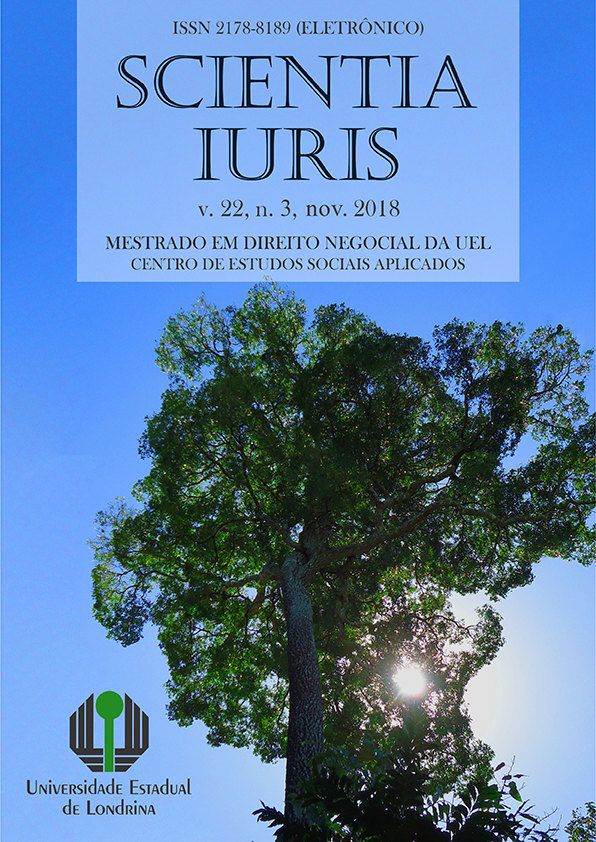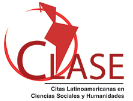Access To Justice For The Profilatic Activity Of The Notary: Extrajudicial Mediation As An Alternative Means Of Conflict Solution
DOI:
https://doi.org/10.5433/2178-8189.2018v22n3p88Keywords:
Access to justice. Alternative means of conflict resolution. Extrajudicial mediation.Abstract
The article discusses the fundamental right of access to justice and the necessary resignification of its content, in the face of an institutional crisis experienced by the Judiciary in Brazil. The collapse of the judicial system, which discredits the Judiciary and de-legitimizes it as a Power, gives rise to the urgent need to discuss alternative mechanisms for the settlement of disputes, which mitigate the excessive judicialization. Thus, the concept of access to justice must be interpreted in the light of national legal reality, with solutions that transcend the Judiciary, such as mediation and conciliation. In that sense, the development of extrajudicial mediation is, in addition, possible, desirable and will, to a large extent, allow a break with the "culture of sentencing" and the decongestion of the courts. The research is guided by the analytic-deductive method, with a focus on books, scientific articles and jurisprudence, in order to demonstrate that the preventive and mediating action of the notary can construct many dialogical solutions and prevent many judicial processes from beginning. It is, therefore, prophylaxis in the service of the chronic disease denominated ineffectiveness and judicial slowness.
Downloads
Downloads
Published
How to Cite
Issue
Section
License
Copyright (c) 2022 Scientia Iuris

This work is licensed under a Creative Commons Attribution 4.0 International License.
The journal reserves the right to modify, in the original text of the submitted article, normative, spelling and grammatical mistakes in order to maintain the cultured standard of language and the credibility of the journal. The journal will respect the authors' writing style. Changes, corrections or suggestions of conceptual order will be sent to the authors, when necessary. In such cases, the articles will be re-examined. The final exams will not be sent to the authors. The published works become the property of the journal, in other words, its total or partial reprinting is subject to the express authorization of the journal. In all subsequent citations, the original source of publication shall be cited and in the case of Photographic Speeches, shall be approved by the original author. The opinions expressed by the authors of the journal's articles are of their sole responsibility.


















